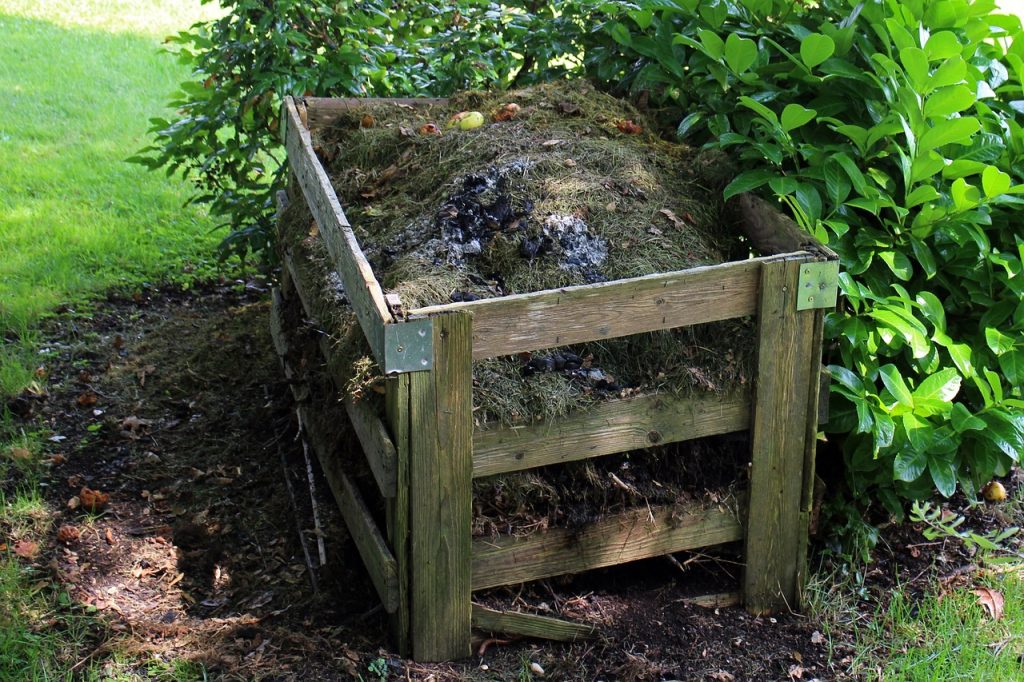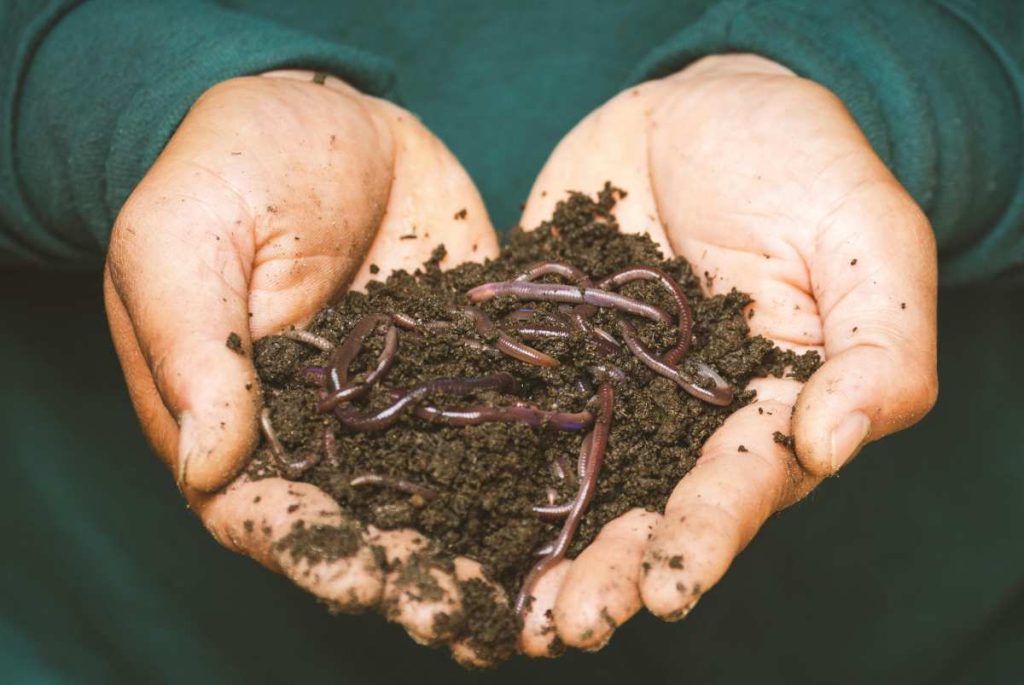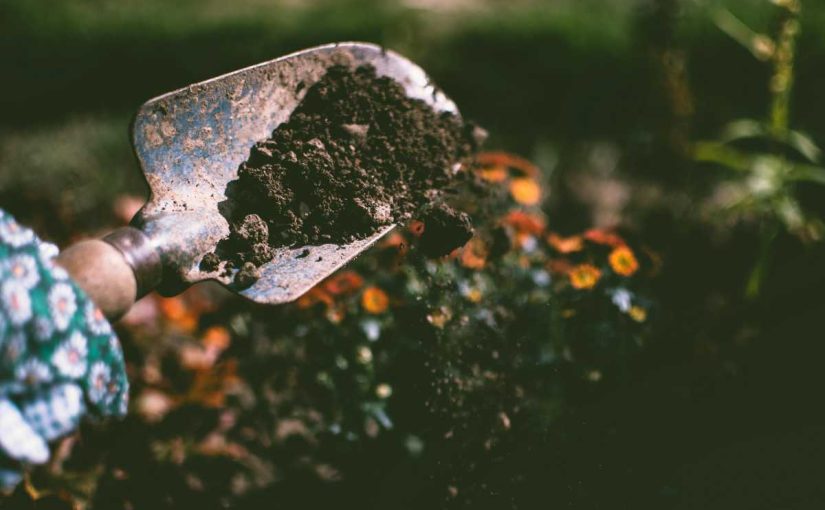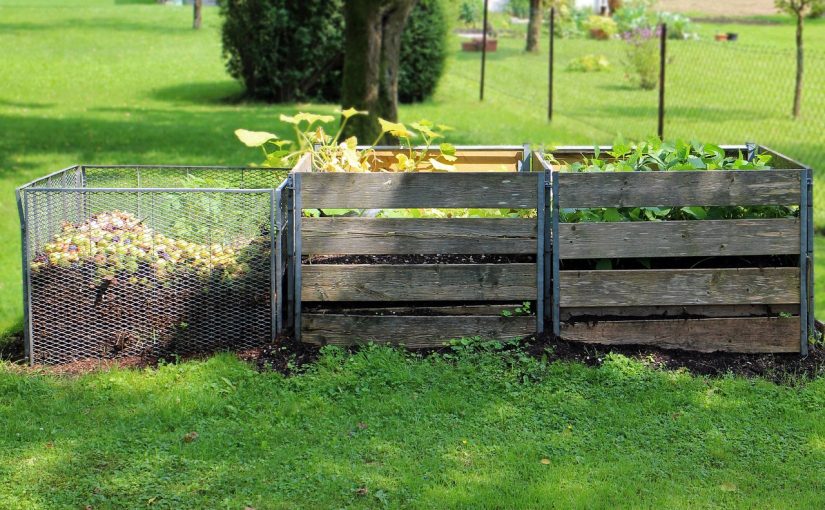Biochar, a carbon-rich material created by heating organic matter in a low-oxygen environment (pyrolysis), is gaining popularity in gardening and composting. Its porous structure and ability to retain nutrients make it an excellent addition to compost, enhancing its quality and delivering numerous environmental and agricultural benefits. If you’re looking to supercharge your composting routine, here are seven compelling reasons to incorporate biochar.
1. Boosts Nutrient Retention in Compost
Biochar acts like a sponge, absorbing and holding onto essential nutrients during the composting process. Its porous structure traps nutrients that might otherwise leach out, making them more available to plants when the compost is applied to soil. This reduces nutrient loss and enhances the overall fertility of your compost.
How It Helps:
- Prevents valuable nutrients like nitrogen and potassium from escaping.
- Enriches compost with nutrients that plants can readily absorb.
- Reduces the need for synthetic fertilizers.
Pro Tip: Pre-soak biochar in nutrient-rich liquids like compost tea or manure slurry before adding it to your compost to maximize its benefits.
2. Improves Composting Efficiency
Adding biochar to your compost pile can speed up the decomposition process. Biochar provides a habitat for beneficial microbes, which play a crucial role in breaking down organic materials. The improved microbial activity helps organic matter decompose faster, producing rich, finished compost more quickly.
How It Helps:
- Enhances microbial activity by providing a stable environment for microbes.
- Accelerates the breakdown of organic waste into compost.
- Reduces unpleasant odors by promoting aerobic decomposition.
Pro Tip: Mix biochar evenly throughout your compost pile to ensure optimal microbial interaction.
3. Enhances Soil Structure and Aeration
When compost enriched with biochar is applied to soil, it improves the soil’s structure and aeration. The porous nature of biochar increases the soil’s ability to retain air and water, creating an ideal environment for plant roots and beneficial microorganisms.
How It Helps:
- Loosens compacted soils, improving drainage and root growth.
- Retains moisture while preventing waterlogging.
- Provides long-term benefits, as biochar remains in the soil for years.
Pro Tip: Use biochar-enriched compost in heavy clay soils to improve aeration or in sandy soils to enhance water retention.
4. Reduces Greenhouse Gas Emissions
Biochar can help mitigate greenhouse gas emissions from your compost pile. Composting organic waste can produce gases like methane and nitrous oxide, particularly in anaerobic conditions. Biochar absorbs and stabilizes these gases, reducing their release into the atmosphere.
How It Helps:
- Reduces methane emissions by improving aeration in compost piles.
- Stabilizes nitrogen, minimizing the release of nitrous oxide.
- Contributes to carbon sequestration by storing carbon in a stable form.
Pro Tip: Layer biochar into your compost pile to create natural aeration channels and reduce anaerobic conditions.

5. Enhances Compost pH Balance
Biochar helps stabilize the pH of your compost pile, creating an environment conducive to microbial activity. It neutralizes acidic or alkaline materials, ensuring a balanced compost that is better for plant health when applied to soil.
How It Helps:
- Balances pH levels in compost piles, especially when composting acidic materials like citrus peels or coffee grounds.
- Produces finished compost with a neutral pH suitable for most plants.
Pro Tip: If your soil is highly acidic, use biochar-enriched compost to help raise its pH over time.
6. Promotes Long-Term Soil Health
Biochar remains stable in the soil for hundreds to thousands of years, providing ongoing benefits long after the compost has decomposed. This stability helps maintain soil fertility and structure, making biochar-enriched compost a sustainable choice for long-term soil health.
How It Helps:
- Provides a lasting carbon sink, improving soil quality for years.
- Supports healthy microbial communities that contribute to nutrient cycling.
- Helps retain nutrients and water for long-term plant growth.
Pro Tip: Combine biochar-enriched compost with cover crops or mulch to enhance long-term soil regeneration.
7. Supports Sustainable Waste Management
By incorporating biochar into your composting routine, you contribute to a circular waste management system. Biochar is often made from agricultural or forestry residues that would otherwise go to waste. Composting with biochar transforms organic waste into a valuable resource for your garden while reducing environmental impact.
How It Helps:
- Repurposes organic materials that might otherwise be wasted.
- Reduces reliance on chemical fertilizers, supporting sustainable agriculture.
- Lowers your overall carbon footprint.
Pro Tip: Use locally produced biochar made from renewable sources to maximize sustainability benefits.
Conclusion
Adding biochar to your composting routine is a simple yet powerful way to improve compost quality and support sustainability. From boosting nutrient retention and microbial activity to reducing greenhouse gas emissions and promoting long-term soil health, biochar offers a wide range of benefits for gardeners and the environment alike. Start incorporating biochar into your compost today and watch your garden—and the planet—thrive.




